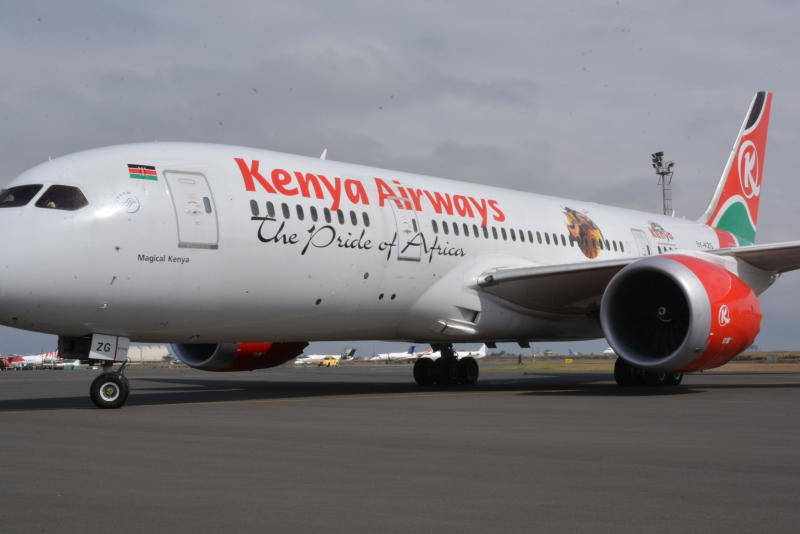×
The Standard e-Paper
Stay Informed, Even Offline

Kenya Airways was already a troubled entity even before the outbreak of the coronavirus (Covid-19).
Now the virus threatens to bring the national carrier to its knees, if not the grave. Internal communication from the CEO to the airline’s employees paints a bleak picture. Yet it is a picture that could be mirrored in other firms in the aviation sector. It could catch up with other sectors too, given the linkages and networks in business and economies.